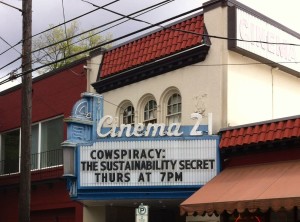 Two disconnected events yesterday and today were linked in my mind to the large, open spaces of the West and the challenges we face in striving for a sustainable future. The first was spotting this marquee yesterday with “The Sustainability Secret” catching my eye. The cowspiracy took longer to process.
Two disconnected events yesterday and today were linked in my mind to the large, open spaces of the West and the challenges we face in striving for a sustainable future. The first was spotting this marquee yesterday with “The Sustainability Secret” catching my eye. The cowspiracy took longer to process.
Cowspiracy is a new environmental documentary (trailer here) with the emphasis on the industry with t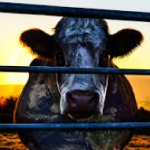 he link to a sustainability secret being secondary as suggested in the title. After reading about the intrepid filmmaker “uncovering the most destructive industry facing the planet today, and investigates why the world’s leading environmental organizations are too afraid to talk about it” I don’t think the film reflects a whole systems approach to problem solving, but I won’t say much more until I have a chance to see it. And there was that nasty situation in 1998 summed up in this story headline as “Oprah Winfrey vs. The Beef People.” Will maintain an open mind.
he link to a sustainability secret being secondary as suggested in the title. After reading about the intrepid filmmaker “uncovering the most destructive industry facing the planet today, and investigates why the world’s leading environmental organizations are too afraid to talk about it” I don’t think the film reflects a whole systems approach to problem solving, but I won’t say much more until I have a chance to see it. And there was that nasty situation in 1998 summed up in this story headline as “Oprah Winfrey vs. The Beef People.” Will maintain an open mind.
What came along today in my inbox was a New York Times documentary on the Sage Grouse and Wind Turbines. These two events together got me thinking of several sustainability champions that address climate change from the perspective of grasslands, carbon, cows and (what wasn’t mentioned much) climate change:
In this video, Grasslands, Carbon, and Climate Change, Jeff Goebel talks about the importance of restoring grasslands to pull carbon out of the atmosphere, doing so rather quickly, and the relationship of grassland restoration to climate change. His interview relates to cows and places like Wyoming where sage grouse live. Jeff has been influenced by the work of Allan Savory who isPresident and Co-founder of the Savory Institute in Boulder, Colorado and is featured here in this video interview, How to green the world’s deserts and reverse climate change.
“Desertification is a fancy word for land that is turning to desert,” begins Allan Savory in this quietly powerful talk. And terrifyingly, it’s happening to about two-thirds of the world’s grasslands, accelerating climate change and causing traditional grazing societies to descend into social chaos. Savory has devoted his life to stopping it. He now believes — and his work so far shows — that a surprising factor can protect grasslands and even reclaim degraded land that was once desert.
As an urbanite I feel more comfortable learning about the economic and social aspects of sustainability especially when it comes to understanding the conversations and recommendations of experts. Yet my roots are firmly planted in the farmlands of Ireland and Canada, my family having been dairy farmers so I’ve been interviewing farmers and experts like Jeff Goebel and Allan Savory then adding them to the EarthSayers.tv in special collections addressing biodiversity and climate change. I hope this post proves useful to understanding what may well be a sustainability secret, one I would argue of many.
Ruth Ann Barrett, Sustainability Advocate, Portland, Oregon, July 25, 2014

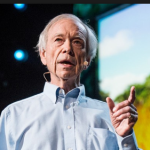
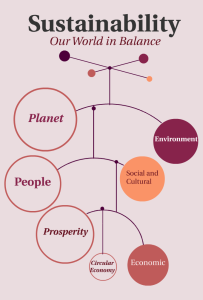
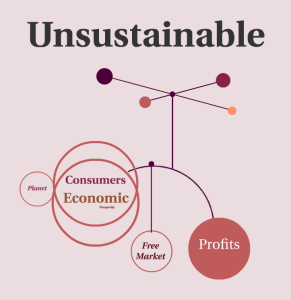
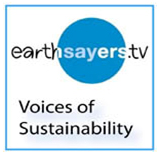
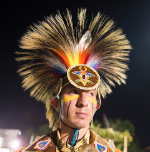
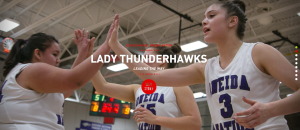
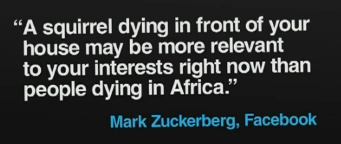 and not fact checked by me, was on target, ideally helping shoppers, but not necessarily those seeking information and knowledge. The effect on national and international organizations, especially causes, is rarely discussed largely I think because many of our sustainability leaders are disconnected from the role search can play in educating our citizens and the shift to local is just a technical detail they might notice when searching for a new camera or local restaurant.
and not fact checked by me, was on target, ideally helping shoppers, but not necessarily those seeking information and knowledge. The effect on national and international organizations, especially causes, is rarely discussed largely I think because many of our sustainability leaders are disconnected from the role search can play in educating our citizens and the shift to local is just a technical detail they might notice when searching for a new camera or local restaurant.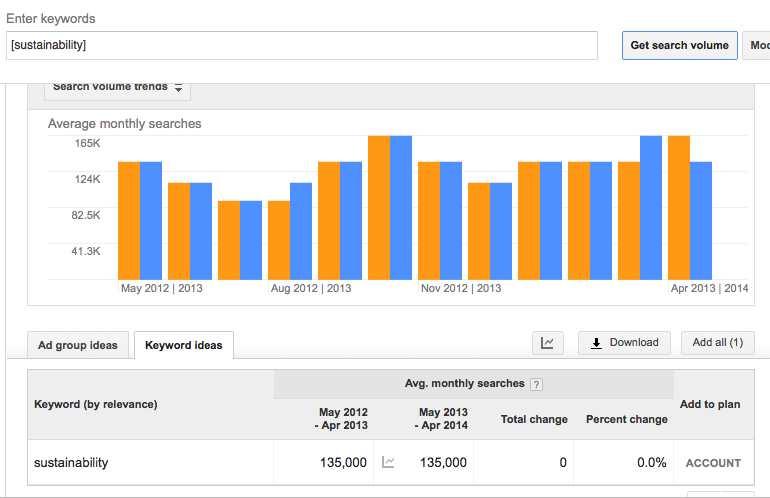


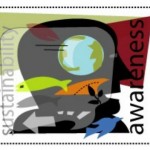

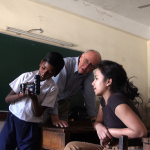
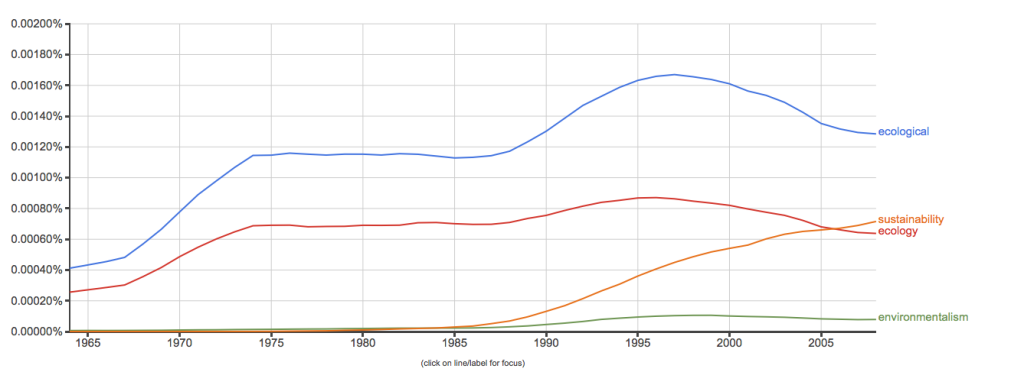

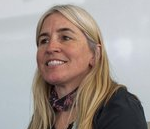 throughout the western United States, working on issues where environmental and human rights converge. She began creating films in 2003 as part of Montana State University’s MFA Documentary Filmmaking program. Her film projects focus on indigenous and environmental rights in Central America, the United States and the Congo Basin. Kelly returned to WITNESS after working as a Fulbright researcher in Congo-Brazzaville, where she collaborated with a video-centered outreach project to determine the effectiveness of video to change health and conservation practices.
throughout the western United States, working on issues where environmental and human rights converge. She began creating films in 2003 as part of Montana State University’s MFA Documentary Filmmaking program. Her film projects focus on indigenous and environmental rights in Central America, the United States and the Congo Basin. Kelly returned to WITNESS after working as a Fulbright researcher in Congo-Brazzaville, where she collaborated with a video-centered outreach project to determine the effectiveness of video to change health and conservation practices.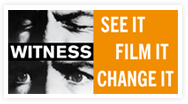


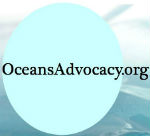
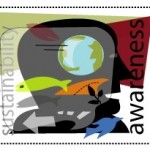
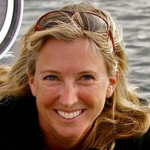
 Meeting up with the two scientists on the Junk craft, they shared dinner and their research with Roz several hundred miles east of Hawaii. She gives us the bottom line – use less of it – and calls on each one of us to significantly reduce our use of plastic and make a positive difference in the world.
Meeting up with the two scientists on the Junk craft, they shared dinner and their research with Roz several hundred miles east of Hawaii. She gives us the bottom line – use less of it – and calls on each one of us to significantly reduce our use of plastic and make a positive difference in the world.